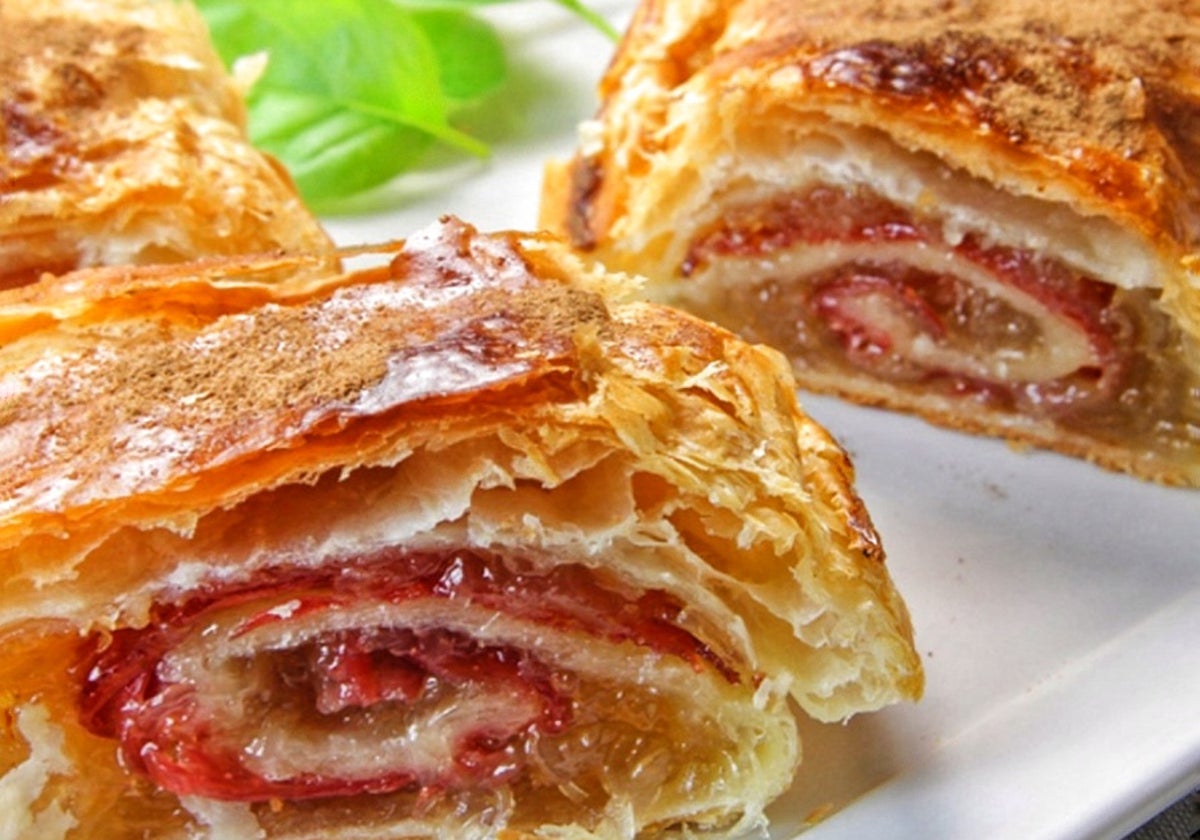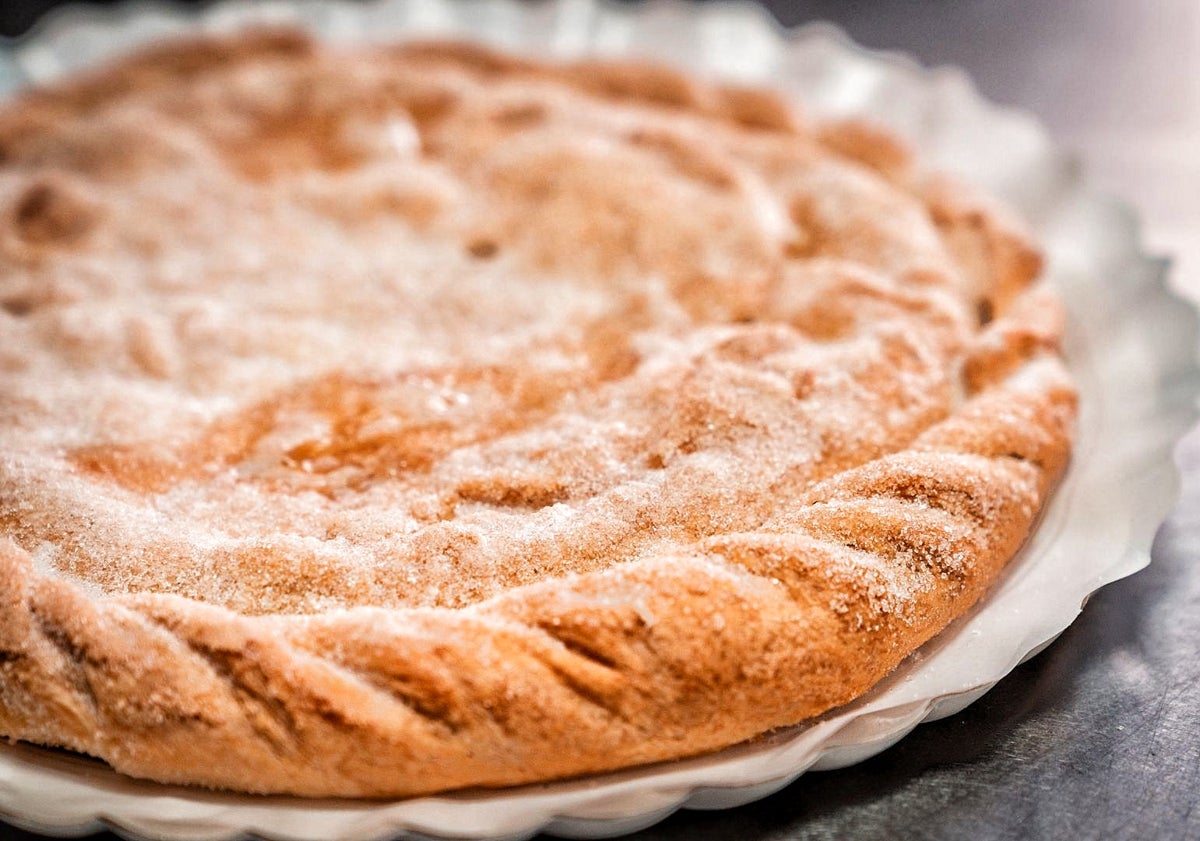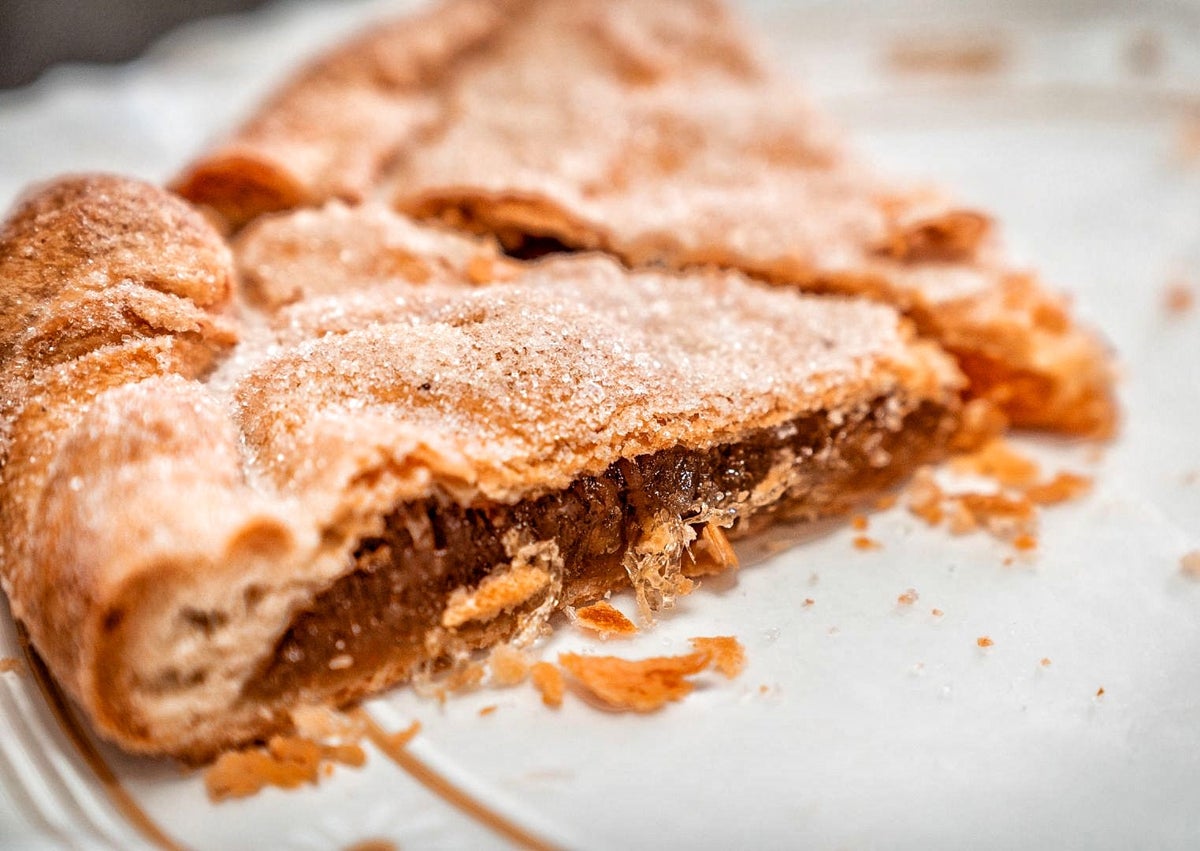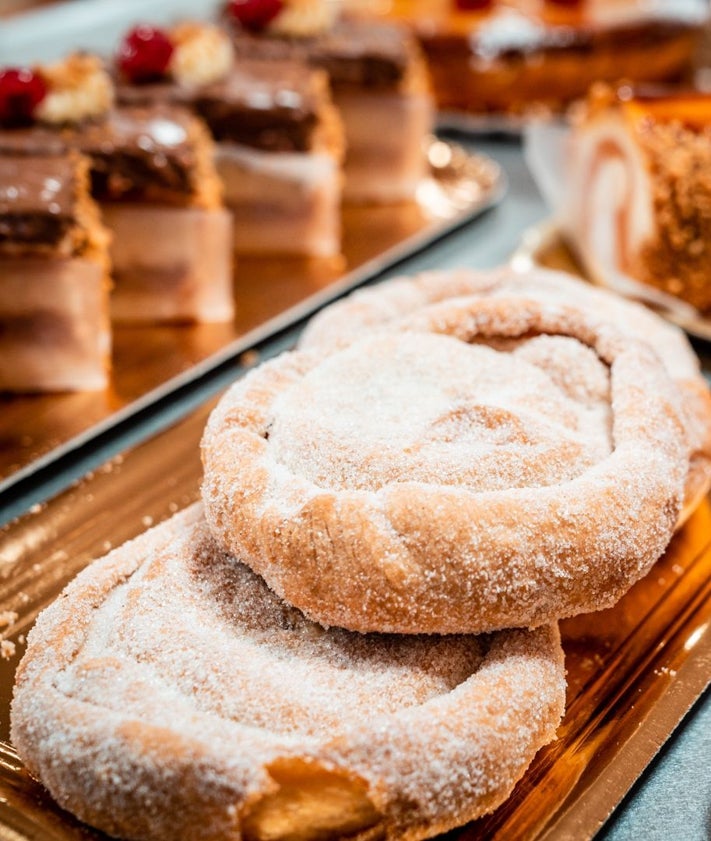

Sections
Highlight

Alekk M. Saanders
Thursday, 23 January 2025, 15:00
Pies are so ingrained in British and American cultures that they even have their own holiday. In the USA, 23 January is dedicated to pie, dubbed National Pie Day, and the UK celebrates Pie Week in March.
In fact, there are many reasons to celebrate pies, if only because they are one of the oldest dishes in history. The ancient Egyptians, Greeks and Romans had their own versions of pies. The Romans, who apparently brought the pie tradition to the Iberian peninsula, made a simple dough of flour, oil and water to cover meat and poultry that was baked, thus preserving the juices. So, the coating was not intended to be eaten. It served as what was later called puff pastry.
Pie began to evolve into the dish we recognize today in medieval England. The first known use of the word ‘pie’ is found in 1303 in the expense reports of Bolton Priory in Yorkshire. During the Middle Ages, pies were usually made from beef, mutton, wild duck, magpie or pigeon that were seasoned with pepper, currants or dates. Eventually, the crusts became thinner and more edible, and the fillings more varied and refined. In the 15th century, recipes for custard and fruit pies began to appear, often with apples, figs and dried fruits. By the 16th century, pies had become popular with people of all social classes and were suitable for all occasions.
When British pilgrims arrived in America, they brought their cherished pie recipes with them. They quickly adapted their pie-making techniques by adding local ingredients. The first recorded pie recipe in America was a humble pumpkin pie made by European settlers in the 17th century. Since then, pie making in America has evolved and flourished, reflecting the diverse influences of different cultures and regions.
The most famous Spanish pie is called ‘empanada gallega’. The history of this Galician pie goes back to ancient times and is intertwined with the early history of Galicia itself, which has a long tradition of baking. The word ‘empanada’ comes from the Galician and Spanish verb ‘empanar’, which means to cover or wrap in bread.
Galician cake became particularly popular in medieval times because it was easy to transport and store, making it ideal for long voyages and fieldwork. Besides, pilgrims travelling along the famous pilgrimage route, the Camino de Santiago, often took empanadas with them as a convenient and hearty meal. Incidentally, the Galician empanada is made of yeast-free dough. It is stretched to a thin thickness and filled with pre-cooked savoury ingredients, then covered with another piece of dough, which is decorated. The baked empanada is usually served cold or at room temperature.
Pies (and not only sweet) are a beloved part of Andalusian cuisine as well. For example, ‘pastel cordobés de jamón’ - a pie with a sweet and savoury filling - is baked (as it is stressed in the name) in Cordoba. The city's iconic pastry shop San Rafael, founded in 1920, made history by creating the ‘Los Manoletes’ - smaller and bigger in size pasties. This is a delicious fusion of Cordoba and Mexican traditions, named after the prominent bullfighter, Manolete, who inspired it.



As SUR in English was told, traditionally ‘Manoletes’ are made with ‘cabello de ángel’ - jam made from the flesh of Siam pumpkin. However, over the years, Serrano ham has been added to this jam filling, and this sweet and savoury combination has become a favourite of the people of Cordoba and all of Andalucía.
Publicidad
Publicidad
Publicidad
Publicidad
Esta funcionalidad es exclusiva para suscriptores.
Reporta un error en esta noticia
Comentar es una ventaja exclusiva para registrados
¿Ya eres registrado?
Inicia sesiónNecesitas ser suscriptor para poder votar.